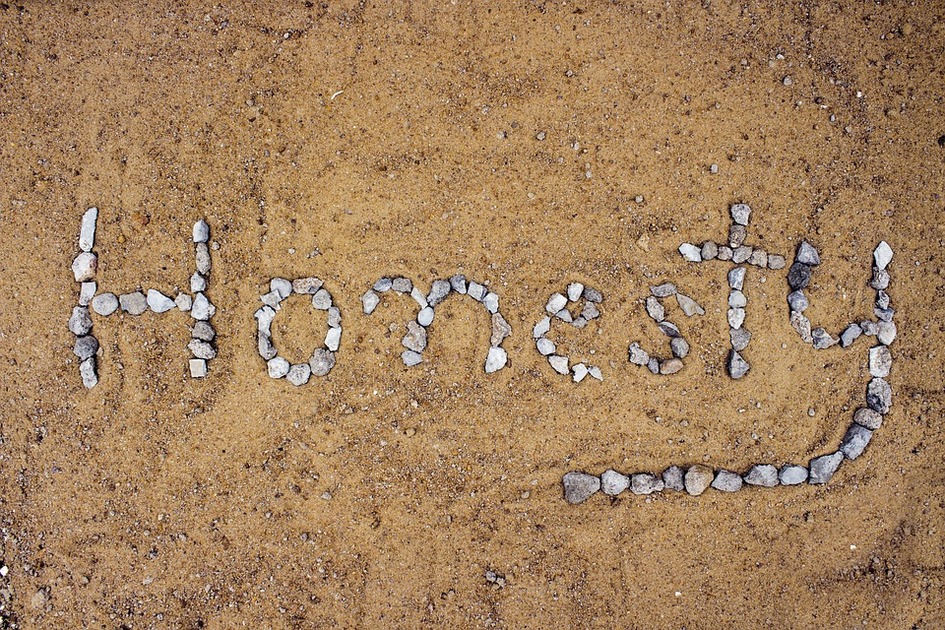
Introduction February 2018
By Lisa Twerski, LCSW
What needs to be disclosed?
For many of us, this question conjures up thoughts of shidduchim and mental health. Dr. Pamela Siller tackles many of these issues, both from the perspective of the law, the considerations of the clinician and the worries of the person in shidduchim and his or her family. Elizabeth Carmen talks about one of the kinds of disclosures we may be asked to make for shidduch purposes. She examines how that particular process may be harming our girls, and therefore our communities.
While these are all valid concerns, the question of when and what to disclose isn’t only relevant to shidduchim. There are all sorts of disclosures that we are called upon to consider making in our day to day lives. There are disclosures that some will make and that others will avoid. Sometimes this decision is the product of thought and consideration. Perhaps it’s not done perfectly, but it is done mindfully. Other times, the disclosure or the shying away from disclosure is a knee jerk reaction. Fear or worry may inspire an impulsive response or a retreat to a position of head in the sand.
What other kinds of disclosures are there?
There are disclosures in our closest relationships, in our marriages and with our children. In his article, Dr. David H. Rosmarin discusses disclosures and discussions in marriage. Although we often think of disclosures as big things we need to divulge, and we associate them with pieces of information that will make or break a shidduch, disclosing to our spouse is not over once we have successfully gotten into a marriage. Although we tend to call sharing this information disclosure before we’re married, and communication after we’re married, it’s really all the same thing. Divulging important information about ourselves, in whatever form or around whatever significant issues is disclosure, whether it be vulnerabilities, likes, dislikes, wishes, hopes, or dreams. It’s as important to do in the right way after marriage, as it was before we got married. It’s what may make or break a shidduch, but continuing that process is what helps our marriages grow and evolve. There are things we need to consider and balance, and things we may hold back. However, if our goal is to have a close and emotionally intimate relationship, we must give careful consideration as to holding back significant parts of our selves or our realities, before and after marriage.
And then there are disclosures to or about our children. This can become an even more emotionally charged area, with higher levels of concern for “scaring off” and therefore can create an intense motivation to just hide, avoid and ignore significant information. There are parents who overtly or covertly give their children the impression that everyone they will ever know will be kind and good to them. Then there are parents that disclose to their children what they need to know about danger, strangers, and personal safety as well as the need to tell when someone tries to do something to them that they shouldn’t, no matter who that person might be. There are parents who will have a difficult conversation with their child who, although not really a news watcher or reader, hears snippets of conversations about a horrific school shooting. Then there are those who will tell their children that that was something that happened far away and therefore doesn’t concern “us” before steering the conversation on to other things.
There are parents that see weaknesses or issues in their children and work to get them the right help, however big, small, scary, or distressing facing these issues may be; sort of allowing this information to be disclosed to themselves. Then there are parents who shy away or hide from this information and go to great lengths to shield and deny this disclosure from reaching them. There are those who will bring disclosures about personal struggles, to the educators, who spend so much time with their child, in an effort to work together and deal with the struggle. Then there are those parents who say to themselves, “let them be like everybody else” and avoid disclosures hoping nobody will notice and therefore the issues won’t really be dealt with, or perhaps the wish is that the issues won’t really be there. Obviously, the avoiding and ignoring is not the recommended path, but addressing the issues is understandably fraught with complexities and, for many, a sense of feeling insecure in how to do so. All of these struggles and the ways to address each of them, are obviously beyond the scope of this introduction. I hope in reading this, however, you start to consider the importance of disclosing and communicating. Where you feel confused or concerned about how to proceed, in a particular situation or relationship, seek help to make it happen or to accomplish it in a way that you can be comfortable with.
 Previous
Previous

